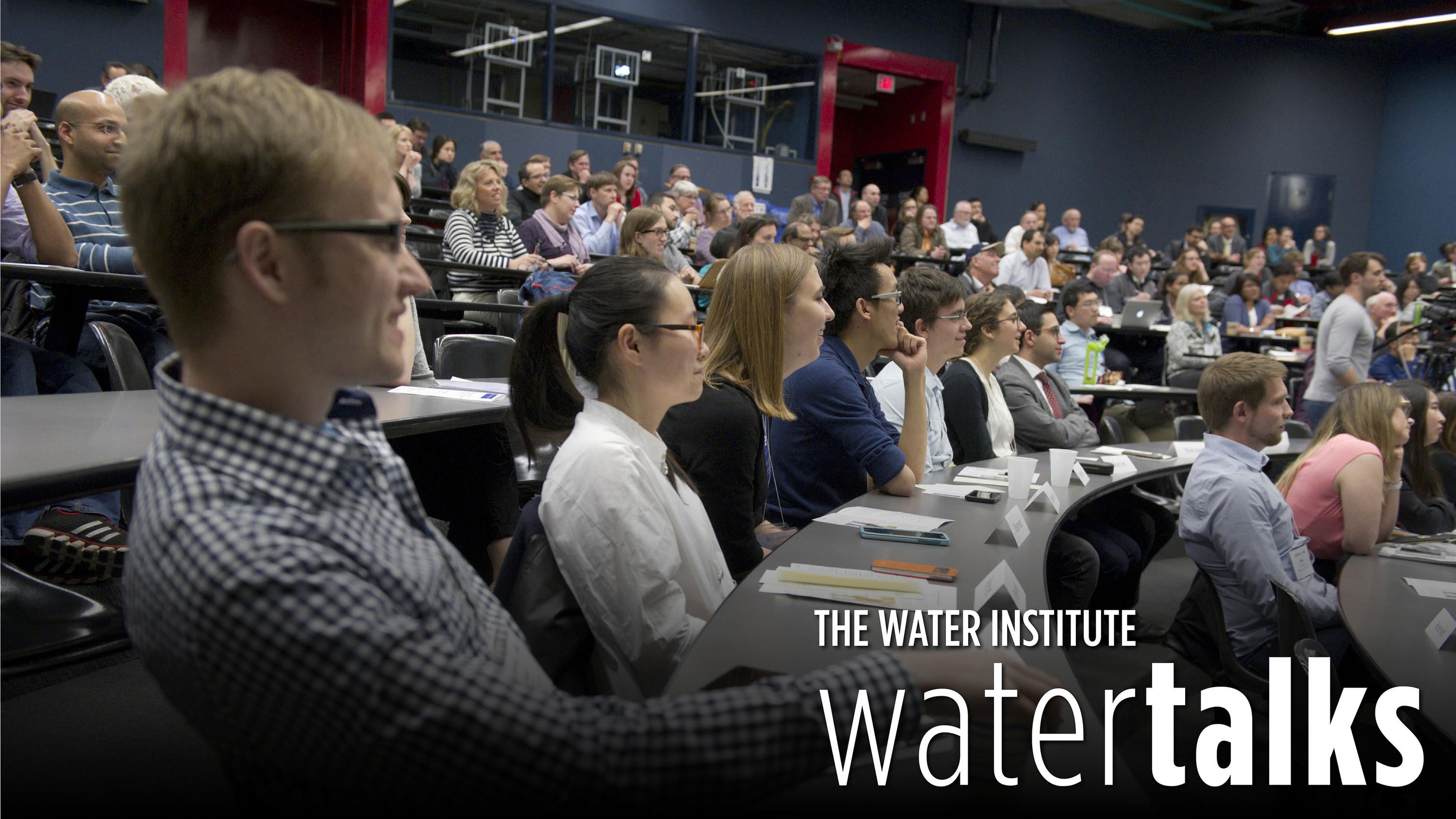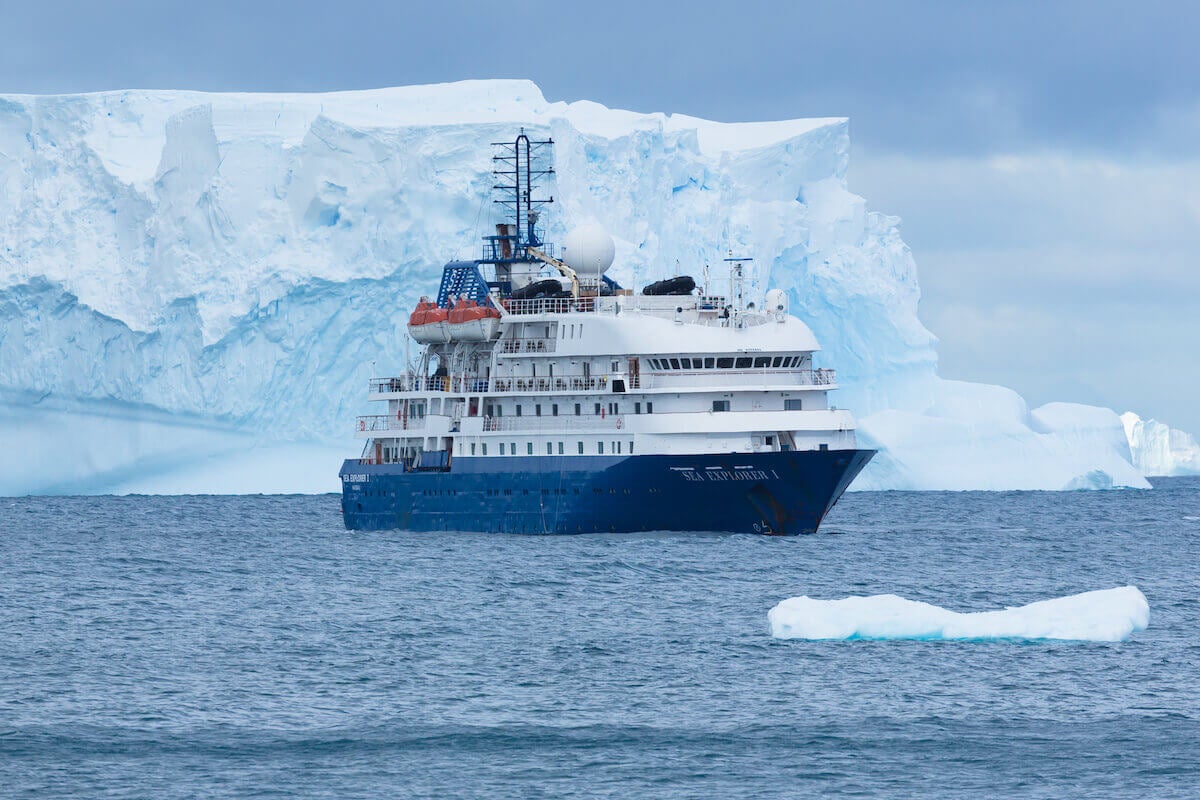Water Institute joins the Global Peatlands Initiative
The Water Institute is delighted to announce that it has recently become a member of the Global Peatlands Initiative (GPI).
The Water Institute is delighted to announce that it has recently become a member of the Global Peatlands Initiative (GPI).
The University of Waterloo’s Ecohydrology Research Group hosted a special Research Symposium on December 6th to celebrate the 6oth birthday of Philippe Van Cappellen. The symposium was attended by colleagues and students, past and present, many of whom travelled to Waterloo from overseas.


Dr. Frank Gu, former Professor in the Department of Chemical Engineering is featured in the latest issue of the Ontario Water Consortium “From Lab Bench to Marketplace” series. Dr.
We have been fortunate over the past several months to have some amazing new talent join the University of Waterloo and The Water Institute. A sincere welcome and we look forward to opportunities to collaborate!
Join the Ecohydrology Research Group on Friday, December 6th for an Ecohydrology Research Symposium in celebration of the years of impactful research conducted by Dr. Philippe Van Cappellen, his students and colleagues, past and present.
To help commercial property owners better understand and deal with the risk of flooding, the Intact Centre on Climate Adaptation has issued a new report.
By Brian Caldwell, Faculty of Engineering.
Managing reservoirs for water quality, not just flood control, could be part of the solution to the growth of toxic algal blooms in the Great Lakes, especially Lake Erie, every summer.
In a major study involving data from Canada and the United States, researchers at the University of Waterloo identified reservoirs on streams and rivers as sources of food for algae at the worst possible time.
Waterloo water alumni Thouheed Abdul Gaffoor, CEO of Emagin Clean Technologies is featured in the latest article of the Ontario Water Consortium “From Lab Bench to Marketplace” series. The startup’s AI software promises to change water monitoring, distribution and treatment, both locally and globally.

The Antarctic ship is called The Hebridean Sky.